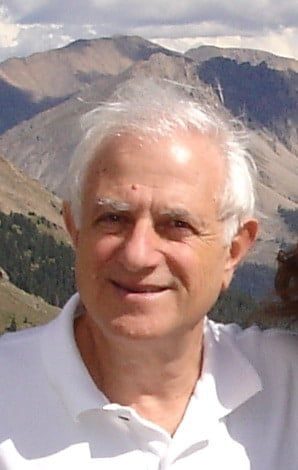I have a good friend who lives in Malibu. He is intelligent, witty, caring, philanthropic. In other words, he is a mensch. He has no preexisting health condition and is quite fit. He has chosen to put himself under house arrest until a vaccine is widely disseminated. When I say “under house arrest,” I am not overstating it by very much. He hikes in the hills, visits a doctor when absolutely necessary, but that’s about it.
My friend reminds me a little of Shoichi Yokoi. You are probably thinking, “Who the hell is Shoichi Yokoi and what does he have to do with this story?” Please be patient. The answer is coming around the bend.
Shoichi Yokoi fought during World War II for the Japanese Imperial Army. When the Americans occupied the island of Guam, Sergeant Yokoi hid in the thick jungles. He survived by hunting, primarily at night. He took precautions to avoid being caught by the Americans. He did such a thorough job of playing it safe, that he was not discovered for 28 years. Some local fishermen were checking their shrimp traps when Sergeant Yokoi attacked them but was quickly subdued.
It must have been quite a shock when the Sergeant discovered that the war had ended decades earlier. In fact, Japan and the United States had become close allies, and millions of Americans were driving around in Japanese cars.
During this pandemic each of us is constantly weighing what is an appropriate risk to take for a specific reward. I have friends who just became grandparents for the first time, and they were willing to fly across the country to see their new granddaughter. For them the reward was well worth it. The fact is all of us unconsciously weigh risk vs reward on a daily basis.
And so what my friend and Sergeant Yokoi have in common is that both of them were willing to limit their rewards in order to reduce their risks. There are obviously significant differences between these two risk adverse individuals. Sergeant Yokoi hadn’t the tools to evaluate his risk. He knew nothing about what was happening outside the confines of his jungle habitat. My friend, on the other hand, can intelligently evaluate his risk in real time. Another major difference is that living under house arrest in Malibu, I would presume, is slightly more comfortable than living in the jungle of Guam.
In any case, I can only hope that my friend decides to venture forth from his house before another 28 years pass. I really miss him.

